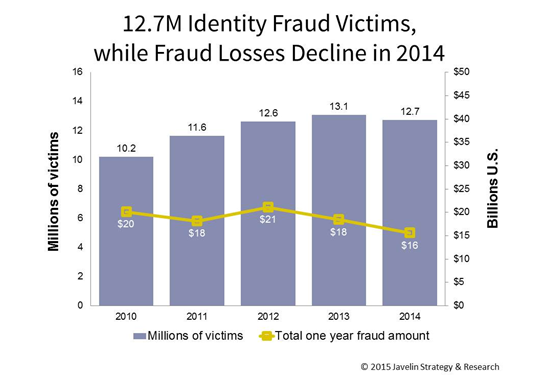The Other Secure Search Issue: When to Use HTTPS
Google strongly encourages HTTPS for its potential to make the Internet safer. You should consider the nature of your site before making the costly transition from HTTP.
Google strongly encourages HTTPS for its potential to make the Internet safer. You should consider the nature of your site before making the costly transition from HTTP.
Last summer, Google announced that HTTPS was to be a light ranking signal, sparking a major debate, as people have sought to determine the importance of this signal and its impact on SERPs. Although it is generally agreed that making the switch is rarely a bad decision, many site owners are deterred by the potential price and resources required to make the transition, and want to know if is really worth their effort. To be able to make the right decision, it is necessary for every site owner to examine what HTTPS means, and how it influences websites and their ranking.
HTTP is the standard form used when accessing websites; it is the first part of a web address. HTTPS adds an additional layer of security by encrypting in SSL and sharing a key with the destination server that is difficult to hack. When a site is fully secured, many web browsers will adopt a green bar – and often, a little padlock – to let users know that the information they send through the site has been secured. Converting to HTTPS requires a site to purchase an SSL certificate from a hosting provider to handle the secret information needed to encrypt and decrypt the messages exchanged. SSL certificates cost between $59 and $1999 per year, depending on encryption strength, browser interaction features, and liability coverage if hacked.
In August 2014, Google announced,
“[…] so we’re starting to use HTTPS as a ranking signal. For now, it’s only a very lightweight signal, affecting fewer than 1 percent of global queries, and carrying less weight than other signals, such as high-quality content, while we give webmasters time to switch to HTTPS. But over time, we may decide to strengthen it because we’d like to encourage all website owners to switch from HTTP to HTTPS to keep everyone safe on the Web.”
Since the Internet has increasingly become such an important center of commerce and exchanging ideas, securing sensitive information that is sent over websites sounds like an excellent idea. Though 1 in 26 people Americans had their identities stolen last year, the threat from hackers and identity thieves has started to taper for individuals.

There has been an increase in major corporate and government hack attacks this year, most notably against Sony and the U.S. Government’s Office of Personnel Management. Two years ago, cyber warfare was already considered a bigger threat than terrorism, so security is increasingly in the news and driving fear among the population.
It is generally agreed that if all websites transfer over to HTTPS, it would benefit all users. The HTTPS ranking signal is run in real time, which means that as URLs make the switch and the new HTTPS URL is indexed by Google, the change will be immediate, though slight and only visible behind the scenes.
Even Google says the change is impacting less than 1 percent of queries. In the blog post, the use of HTTPS is likened to Google’s use of page speed as a modifier. The Google algorithm only looks at page speed when trying to decide which of two similarly ranking sites to list first; in other words, if the algorithm must decide between two sites with equal signals where one is HTTP and the other HTTPS, the latter would be ranked higher.
To decide whether or not to make the switch, it is worth noting the type of website you are running. HTTPS does help send secure information online, which can make it very valuable for any type of financial or e-commerce site. If your website asks for sensitive information from your audience, making the switch will definitely help you earn customers’ trust.
If you run a blog or even just a standard website, however, the answer is less clear. Google did note in the original announcement that it’s possible for them to make HTTPS a stronger ranking signal in the future. Other user-centric factors – content quality, bounce rates, and similar measurements of the user experience – are likely to continue to rank higher, but it is possible for HTTPS to become more significant in the coming years.
Generally, if websites have the resources necessary to make the switch, it is likely a good idea. It will help make the website more secure for users, and also set the website up for success should the signal ever increase in value. Even though it does not protect against all types of hacking or attacks, it is a step in the right direction, and can make the information sent and received more secure.
For those with limited resources, such as a blogger who runs a basic website with little to no revenue, it might not be worth making the switch just yet. If doing so would be a strain, waiting and seeing how Google interprets the signal in the future might be a good course of action.